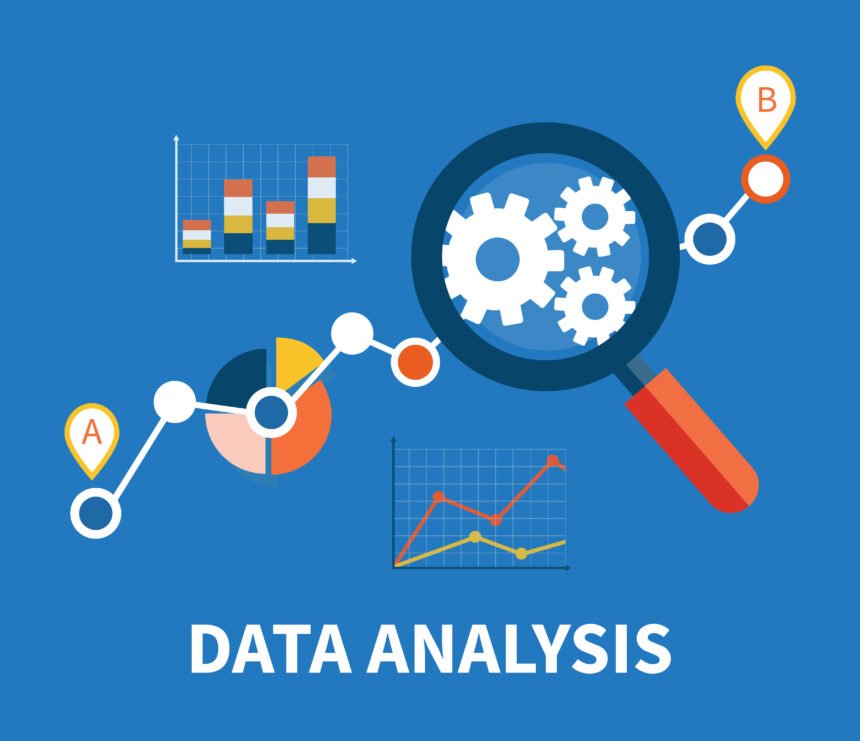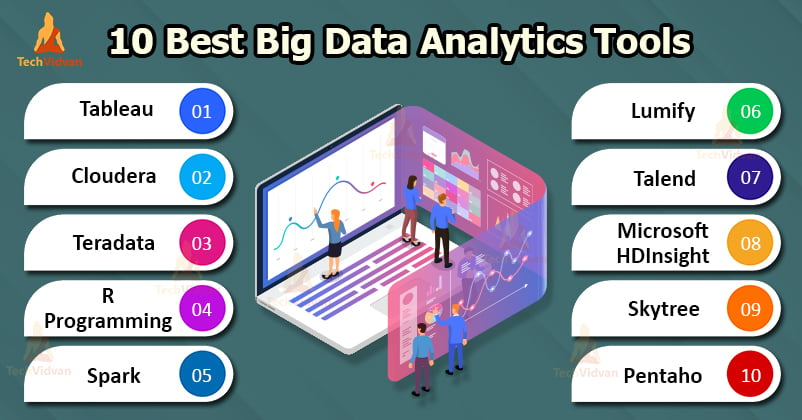Gain One-upmanship Via Effective Analytics Release
Gain One-upmanship Via Effective Analytics Release
Blog Article
Increase Efficiency and Success With Data Analytics
In today's data-driven landscape, services are progressively recognizing the pivotal function of information analytics in boosting operational efficiency and productivity. By systematically assessing data, companies can uncover essential insights that notify strategic decisions, simplify processes, and tailor consumer experiences.
Understanding Information Analytics
In today's data-driven landscape, recognizing data analytics is necessary for companies aiming to improve functional performance and drive profitability. Data analytics entails the systematic computational analysis of data collections to reveal patterns, correlations, and insights that notify decision-making. By utilizing numerous techniques, such as statistical analysis, maker understanding, and predictive modeling, organizations can transform raw data into actionable intelligence.
The process normally starts with information collection, where appropriate info is collected from several resources, consisting of transactional data sources, client interactions, and market trends. This information is after that cleaned and organized to guarantee accuracy and consistency. Once the data is prepared, analytical devices and software are made use of to visualize the information and explore, enabling stakeholders to identify trends and abnormalities.
Eventually, comprehending information analytics encourages organizations to make informed decisions based upon empirical proof instead of intuition. It facilitates targeted strategies that can maximize source allowance, enhance customer complete satisfaction, and enhance total efficiency. As services progressively recognize the worth of data-driven insights, a strong grasp of data analytics comes to be a crucial expertise for leaders and groups alike, positioning them for continual success in a competitive setting.

Trick Benefits for Organizations
Services that leverage information analytics can unlock a plethora of advantages that dramatically improve their procedures and success. Among the primary benefits is boosted decision-making. Data analytics supplies workable insights obtained from real-time information, allowing services to make enlightened choices that line up with market needs and consumer preferences.

Additionally, data analytics fosters enhanced customer experiences. By understanding customer actions and preferences, businesses can customize their offerings, bring about increased fulfillment and commitment. This individualized strategy frequently leads to higher conversion prices and repeat business.
Additionally, information analytics makes it possible for businesses to determine arising chances and trends. By staying in advance of the curve, organizations can capitalize on brand-new markets and technologies prior to their competitors.
Implementing Data-Driven Strategies
Effective application of data-driven techniques requires a comprehensive understanding of both readily available information and business objectives sources. Organizations should first specify their goals plainly, making sure positioning between information initiatives and critical objectives. This clarity allows groups to focus on relevant metrics and insights that drive decision-making.
Following, companies should analyze their existing data framework. This includes reviewing data top quality, ease of access, and assimilation abilities. Top quality information is important for exact analysis, as bad information can result in illinformed strategies and lost resources. Organizations should develop processes for data collection, cleansing, and management to preserve data honesty.
Additionally, promoting a data-driven culture is vital. Employees in any way degrees need to be encouraged to leverage data in their everyday procedures. Educating workshops and programs can improve information literacy, empowering personnel to make enlightened decisions based on analytical understandings.
Tools and Technologies Introduction
A durable collection of technologies and tools is crucial for organizations aiming to harness the full potential of information analytics. These devices help with the collection, handling, and visualization of data, enabling businesses to derive workable insights.
At see this site the foundational level, data administration systems such as SQL data sources and NoSQL systems give effective information storage space and access abilities. For information processing and evaluation, programs languages like Python and R, together with structures such as Apache Flicker, navigate to these guys enable complicated computations and artificial intelligence applications.
Visualization devices, including Tableau and Power BI, transform raw information into instinctive visual styles, making insights accessible to stakeholders in any way levels. Additionally, cloud-based systems like Google Cloud and AWS provide scalable storage space and processing options, suiting the expanding volumes of information organizations come across.
For sophisticated analytics, anticipating modeling and AI-driven options are progressively taken on, allowing firms to anticipate trends and improve decision-making procedures. Incorporating these tools into existing workflows is extremely important; companies that efficiently take advantage of this technology can significantly improve functional performance and drive profitability. Therefore, buying the right devices and technologies is a calculated important for any type of data-driven company.
Case Researches of Success
Leveraging information analytics has actually led many companies to achieve remarkable enhancements in performance and profitability. One notable instance is a huge retail chain that implemented anticipating analytics to maximize stock administration. By assessing historical sales information and customer trends, the firm minimized excess stock by 30%, causing significant price savings and improved money flow.
Another instance can Home Page be discovered in the production market, where a leading automotive producer utilized information analytics to enhance its manufacturing processes. By checking equipment performance in real-time, the organization determined inefficiencies and bottlenecks, causing a 20% boost in overall devices effectiveness (OEE) This not only increased production prices however likewise minimized downtime and upkeep costs.

These instance research studies show how data analytics can drive tactical decision-making, maximize processes, and ultimately boost both efficiency and earnings across different markets.
Conclusion
In verdict, the integration of data analytics right into service procedures provides considerable opportunities for enhancing efficiency and earnings. By systematically analyzing data, organizations can determine inefficiencies, enhance consumer experiences, and make notified choices.
In today's data-driven landscape, comprehending information analytics is essential for organizations aiming to improve operational efficiency and drive earnings. Information analytics entails the methodical computational analysis of information sets to reveal patterns, relationships, and understandings that inform decision-making. Data analytics provides workable insights obtained from real-time data, allowing companies to make enlightened selections that straighten with market needs and consumer choices.
Top quality data is essential for accurate analysis, as bad information can lead to illinformed techniques and squandered resources. Organizations needs to develop processes for data collection, cleaning, and management to preserve data honesty.
Report this page